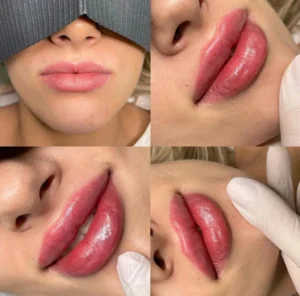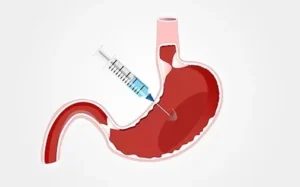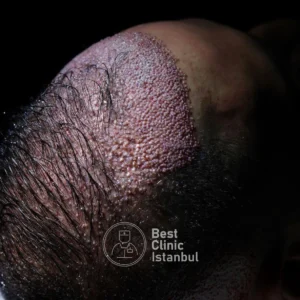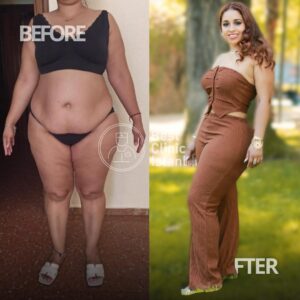
Lip Filler
We use the best and latest Lip Filler techniques to guarantee you get the best results.
Lip Fillers: Cost, Duration, and Before-and-After Guide
Lip fillers have gained immense popularity as a quick, non-surgical solution to achieve fuller, more defined lips. With minimal downtime and immediate results, they offer a versatile option for those looking to enhance their appearance. This guide covers everything you need to know about lip fillers, including how much they cost, how long they last, and what to expect from before-and-after transformations.
What are Lip Fillers?
Lip fillers are injectables used to add volume, shape, and symmetry to the lips. The most commonly used filler is hyaluronic acid (HA), a naturally occurring substance in the body that helps maintain skin hydration and plumpness. Unlike surgical lip augmentation, lip fillers provide a temporary solution that is customizable, safe, and effective for enhancing lip volume and contour.
Benefits of Lip Fillers
Opting for lip fillers offers various benefits, both aesthetically and personally:
- Enhanced Lip Volume: Fillers create a fuller appearance for naturally thin or aging lips.
- Improved Shape and Symmetry: Lip fillers correct asymmetries and define lip borders.
- Temporary, Adjustable Results: The results are reversible, allowing adjustments or dissolving if needed.
- Non-Invasive with Minimal Downtime: Lip fillers are a quick, non-surgical procedure with minimal downtime.
- Natural-Looking Results: When done by an experienced provider, lip fillers offer subtle enhancements that look natural.
How Much is Lip Filler?
The cost of lip filler varies depending on the type of filler, location, and provider experience. Here’s a breakdown:
- Average Cost: Generally, the cost of lip filler ranges from $500 to $2,000 per session.
- Factors Influencing Cost: Type of filler, geographic location, and the number of syringes used influence the final price.
- Juvederm and Restylane Cost: Common brands like Juvederm and Restylane typically cost around $600 to $1,000 per syringe.
If you’re wondering how much lip filler costs near you, consulting with local providers will give you a clearer idea of pricing and any promotional packages they might offer.
How Long Do Lip Fillers Last?
One of the most common questions is, how long do lip fillers last?
- Duration: Most lip fillers last between 6 to 12 months. Hyaluronic acid fillers gradually dissolve, allowing for a soft fade over time.
- Factors Affecting Longevity: The type of filler, metabolism, and lifestyle habits (such as smoking and sun exposure) can affect how long the results last.
- Touch-Up Sessions: Many patients schedule touch-ups every 6 to 9 months to maintain volume and shape.
For those looking for longer-lasting results, permanent fillers are available but come with higher risks and are generally less popular due to their irreversible nature.
Lip Filler Before and After: What to Expect
The before and after results of lip filler treatments are impressive, showing fuller, well-defined lips. Here’s what to keep in mind:
- Immediate Results: You’ll see results immediately, though initial swelling can make lips look slightly fuller than the final outcome.
- Natural Look: Skilled providers ensure natural-looking results by enhancing lip shape without overfilling.
- Gradual Dissipation: Results gradually soften over time, giving you the option to decide if and when you’d like a touch-up.
Looking at lip filler before and after photos can help you set realistic expectations and give you an idea of how the filler might enhance your own features.
Types of Lip Fillers
Choosing the right lip filler depends on your desired outcome and the provider’s recommendation. The most common options include:
Hyaluronic Acid (HA) Fillers
Hyaluronic acid fillers, such as Juvederm and Restylane, are popular for their safety and versatility. They are reversible, meaning the filler can be dissolved if adjustments are needed.
- Juvederm: Known for a smooth, soft finish, ideal for volume enhancement.
- Restylane: Offers a firmer texture, which is effective for defining lip borders.
Other Options
While HA fillers are the most popular, collagen fillers and permanent fillers (like silicone) are alternatives. However, permanent fillers come with more risks and less flexibility for future adjustments, making HA fillers the preferred choice.
Preparation for Lip Filler Injections
Preparing for your lip filler session can help reduce side effects and optimize results:
- Avoid Blood Thinners: Avoid aspirin, ibuprofen, and other blood-thinning medications to minimize bruising.
- Limit Alcohol and Smoking: For at least 24 hours prior, avoid alcohol and smoking to reduce the risk of bruising and swelling.
- Stay Hydrated: Proper hydration helps your skin recover and can improve filler results.
- Clean Lips: Arrive with clean, makeup-free lips to prevent infections.
What to Expect During the Procedure
Lip filler injections are quick, typically lasting 15–30 minutes. Here’s an overview of the procedure:
- Numbing Cream Application: A topical anesthetic is applied to reduce discomfort.
- Filler Injections: The provider will inject small amounts of filler into specific areas of the lips to enhance volume and shape.
- Immediate Results with Minor Swelling: You’ll see immediate results, though initial swelling may make the lips look fuller than the final appearance.
Aftercare and Recovery for Lip Fillers
Following aftercare instructions ensures a smoother recovery and enhances results. Common aftercare tips include:
- Avoid Touching or Pressing: Do not press or rub the lips for at least 24 hours.
- Apply Cold Compresses: Ice packs can help reduce swelling and discomfort.
- Stay Hydrated: Drinking water helps keep your lips hydrated and supports healing.
- Avoid Makeup and Lip Products: Avoid applying makeup or lip products for the first 24 hours to prevent irritation.
- Avoid Exercise: Refrain from intense physical activity for 24–48 hours to reduce swelling.
Most swelling subsides within a few days, and any minor bruising fades within a week. Full results are typically visible within one to two weeks.
Potential Side Effects and Risks
Lip fillers are generally safe but come with some potential side effects:
- Temporary Swelling and Bruising: Mild swelling and bruising are common and usually subside within a few days.
- Lumps or Uneven Texture: In rare cases, lumps may form. Skilled providers minimize this risk by using appropriate techniques.
- Allergic Reactions: Allergic reactions are rare, especially with hyaluronic acid fillers.
- Filler Migration: Occasionally, filler may migrate slightly outside the lip area. Choosing an experienced provider reduces this risk.
FAQs about Lip Fillers
How much does lip filler cost?
Lip fillers generally cost between $500 and $2,000 per session, depending on the type and amount of filler used.
How long do lip fillers last?
Most fillers last between 6 to 12 months, with many patients scheduling touch-ups every 6–9 months.
Are lip fillers painful?
With numbing cream or fillers containing lidocaine, most patients experience minimal discomfort during the procedure.
Can lip fillers be dissolved?
Yes, hyaluronic acid fillers can be dissolved with hyaluronidase if needed.
How can I avoid lip filler migration?
Choosing an experienced provider and following aftercare instructions can reduce the risk of migration.
Conclusion
Lip fillers offer a safe, flexible way to enhance lip volume, shape, and symmetry. With a variety of filler types available, customizable results, and minimal downtime, they are an ideal choice for many looking to achieve fuller, more defined lips. By understanding factors like lip filler cost, how long results last, and reviewing before-and-after photos, patients can make informed decisions about their aesthetic goals. Consulting a skilled provider and following recommended aftercare instructions ensures a smooth experience and satisfying result
How long do Lip Filler results last?
The duration of lip filler results can vary depending on several factors, including the type of filler used, the individual’s metabolism, and how their body reacts to the filler. Typically, the effects of hyaluronic acid fillers last between 6 to 12 months. Over time, the body gradually absorbs the filler, and the lips return to their original state, necessitating follow-up treatments to maintain the desired volume and shape.
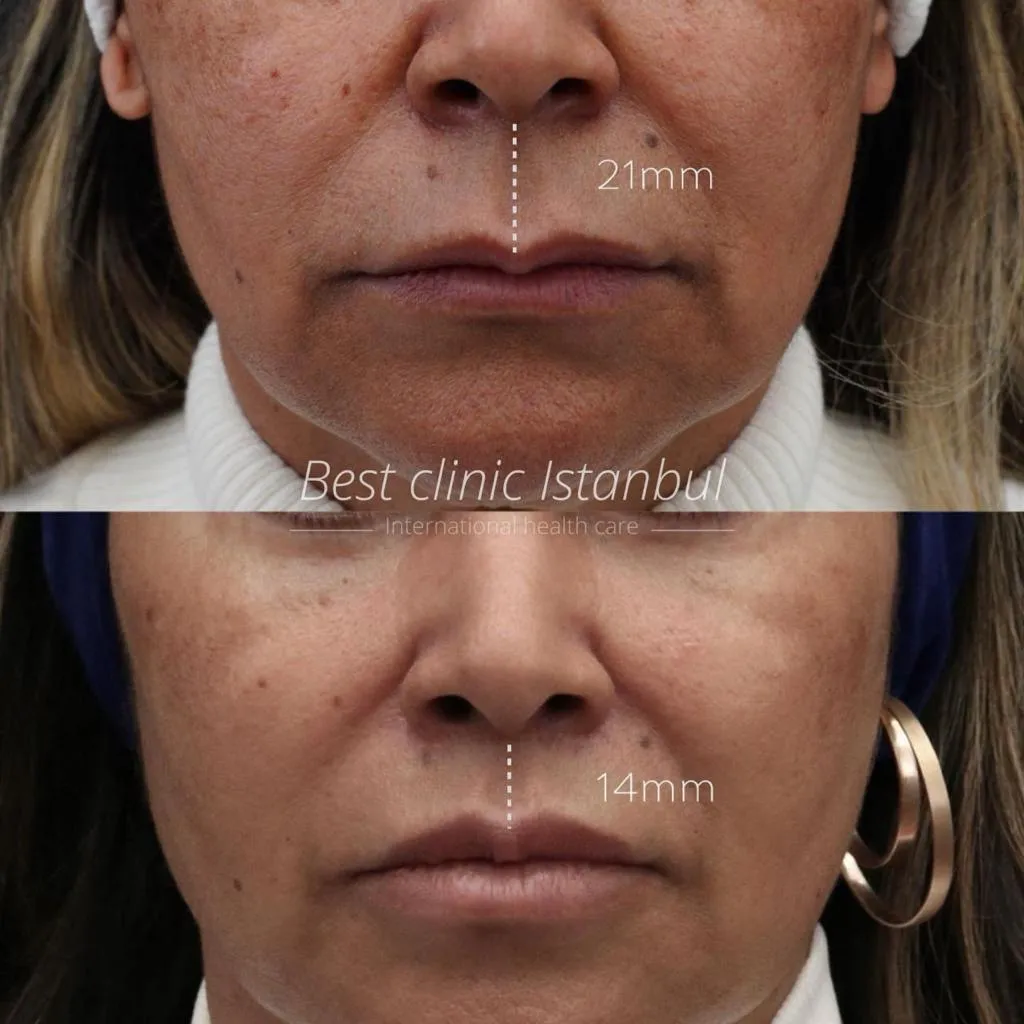
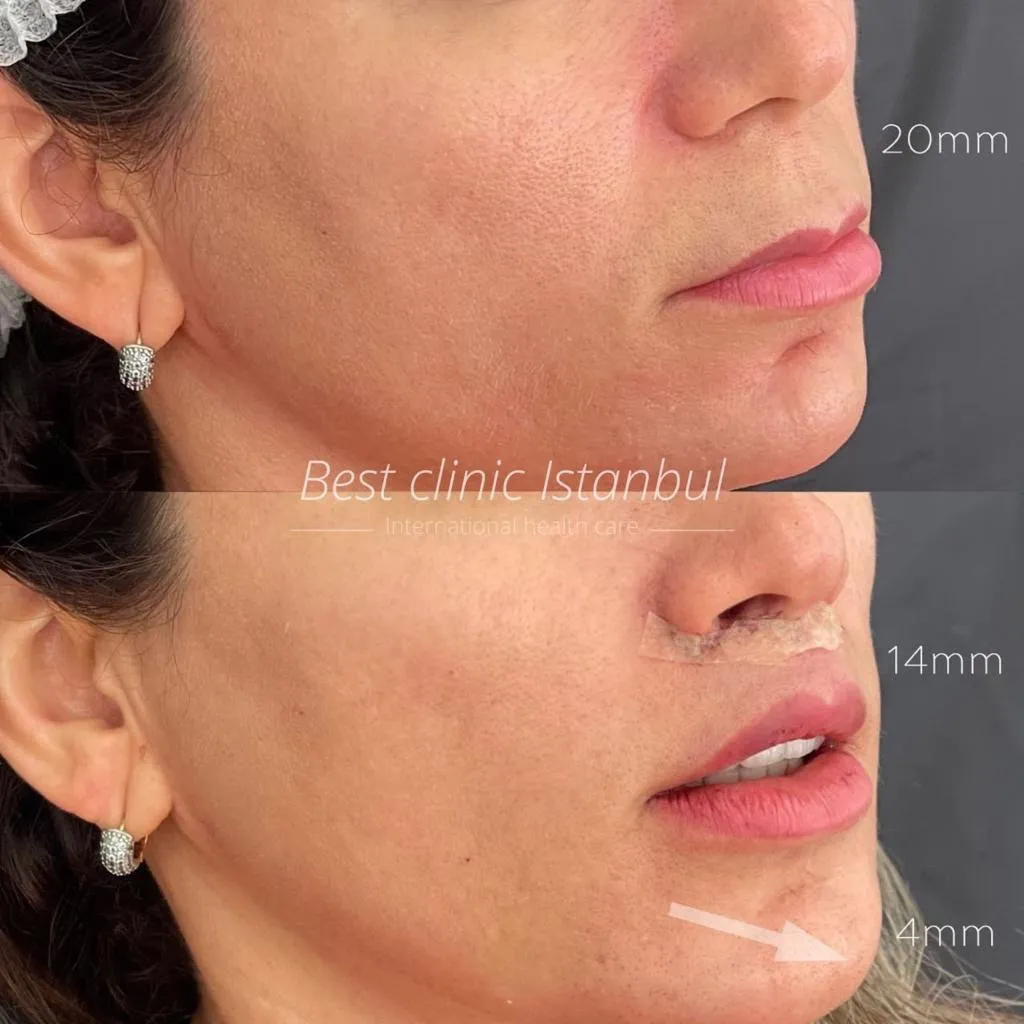
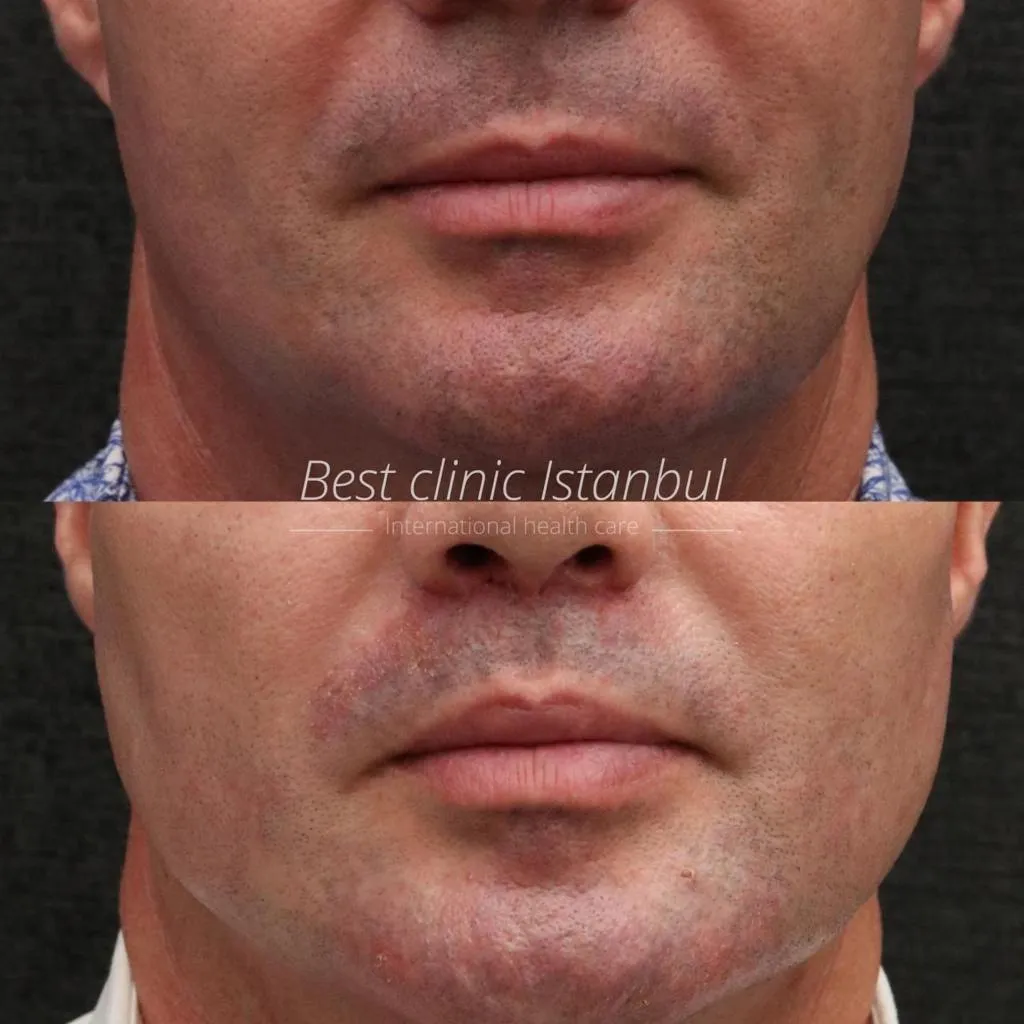
Are there any risks associated with Lip Fillers?
As with any cosmetic procedure, there are some risks associated with lip fillers, though serious complications are rare when performed by a qualified and experienced professional. Common side effects include swelling, bruising, redness, and tenderness at the injection sites, which usually subside within a few days to a week. More serious, but rare, complications can include infection, allergic reactions, or uneven results. Vascular occlusion, where the filler blocks a blood vessel, is a rare but serious complication that can lead to tissue damage if not promptly addressed. It is crucial to have lip filler injections performed by a licensed healthcare provider with expertise in facial anatomy to minimize risks.
Start the change and get the most out of your style with Lip Fillers operation in Turkey
Make a free consultation with us.
Get Offer Now
Recent Posts
Have Any Question?
Contact Us
- +905431574540
- info@bestclinicinistanbul.com





